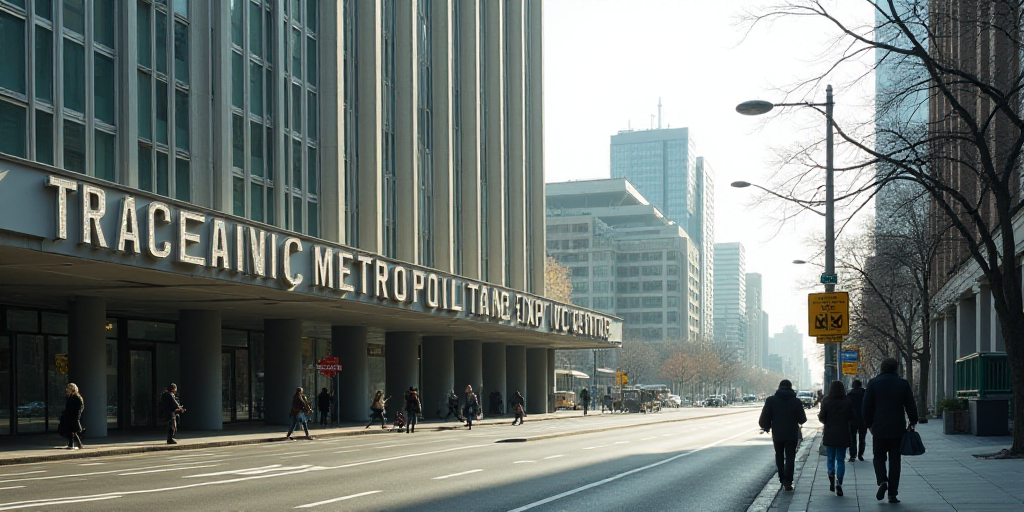Background on Key Players and Their Impact
The Organization of the Petroleum Exporting Countries Plus (OPEC+) is a grouping of oil-producing nations, including members like Saudi Arabia, Russia, and key non-OPEC countries such as Mexico. This alliance plays a crucial role in influencing global oil supply and, consequently, the prices of crude oil. OPEC+ meets regularly to discuss and decide on production quotas, aiming to stabilize oil markets.
Who is OPEC+?
- OPEC: An intergovernmental organization of 13 oil-exporting nations founded in 1960 to coordinate and unify petroleum policies among its members.
- Non-OPEC: Countries like Russia, which is not part of OPEC but has significant influence on global oil markets.
- Key Members: Saudi Arabia, Russia, Mexico, and others that contribute to nearly 60% of the world’s daily crude oil production.
Why is OPEC+ Relevant?
OPEC+ decisions have a substantial impact on global oil supply and, subsequently, crude oil prices. The group’s production policies can either stabilize or destabilize the market, affecting millions of consumers and businesses worldwide.
OPEC+ Decision: No Change in Production Policy
On Wednesday, OPEC+ decided to maintain its current production policy without any changes. This decision came amid concerns about oil supply, as investors had anticipated an increase in production during the same week.
Market Reaction
Following the announcement, oil prices rose more than 1%:
- Brent futures gained 81 cents, or 1.26%, to reach $64.9 per barrel.
- West Texas Intermediate (WTI) in the United States increased by 95 cents, or 1.56%, to $61.84 per barrel.
- Mexico’s export mix rose 1.24% to $57.99 per barrel.
Market Expectations and Future Meetings
Investors had expected OPEC+ members to agree on a production increase during this week’s meeting. However, the group decided not to alter its production policy.
Bob Yawger, Director of Energy Futures at Mizuho, commented on the situation:
“Most oil-producing countries present at the meeting lack reserve capacity to inject or withdraw barrels from the market. They hoped to slow down the production increase and stabilize prices, but it hasn’t happened yet.”
Upcoming OPEC+ Meeting and Production Adjustments
An upcoming meeting of eight OPEC+ countries is expected to decide on increasing oil production for July. Russia, Saudi Arabia, along with Algeria, Iraq, Kazakhstan, Kuwait, Oman, and the United Arab Emirates have agreed to cut production by 1.66 million barrels per day until the end of next year, as part of a voluntary adherence agreement.
Iran’s Stance on Nuclear Inspectors
Mohammad Eslami, head of Iran’s Atomic Energy Organization, stated that he would allow the United Nations’ nuclear watchdog inspectors to visit Iran’s nuclear facilities if negotiations between Tehran and Washington progress.
Key Questions and Answers
- Q: What is OPEC+? A: OPEC+ is a coalition of oil-producing countries, including members of the Organization of the Petroleum Exporting Countries (OPEC) and non-OPEC nations like Russia.
- Q: Why is OPEC+ important? A: OPEC+ decisions significantly impact global oil supply and prices, affecting millions of consumers and businesses.
- Q: What was the recent OPEC+ decision? A: OPEC+ maintained its current production policy without any changes.
- Q: How did the market react to OPEC+’s decision? A: Oil prices rose more than 1% following the announcement.
- Q: What is expected at the upcoming OPEC+ meeting? A: The group is expected to decide on increasing oil production for July.
- Q: What is Iran’s stance on nuclear inspectors? A: Iran’s Atomic Energy Organization head stated that he would allow UN nuclear watchdog inspectors to visit Iran’s facilities if negotiations with the US progress.






